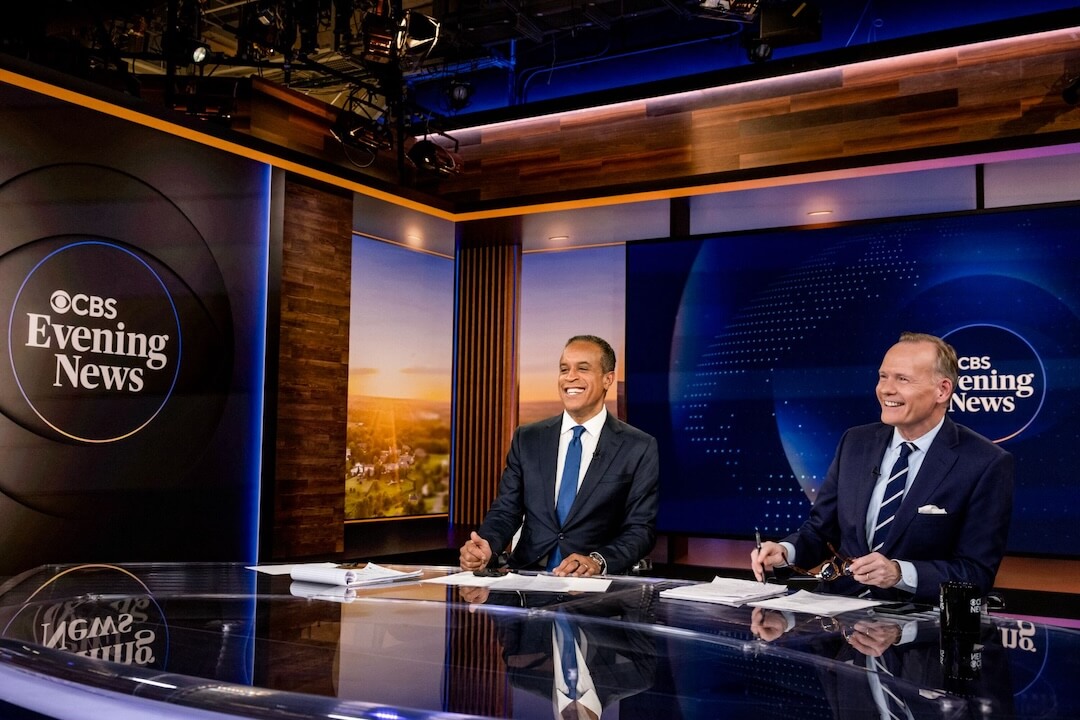
The headquarters of German media and publishing house Axel Springer in Berlin are seen in this Jan. 5, 2006 file picture. (AP Photo/Markus Schreiber)
The deal is also a tidy marker of the state of play for successful digital media entrepreneurs.
- Start with the price. What Axel Springer is paying for the eight-year-old site could buy you the Washington Post ($250 million in August 2013) and the Boston Globe ($70 million the same month) with several million in lunch money left over. Considering some accounting wrinkles, the other 12 percent stake, and $20 million or so of cash in hand, the full value of Business Insider has variously been estimated at $390 to $442 million.
- How do the buyer and seller arrive at that valuation? Profits, if any, do not figure in these sorts of deals — most of the digital startups reinvest any earnings in more growth. Axel Springer said that the valuation is roughly six times projected revenue for next year. But (see below), the key to the deal is traffic.
- Delivering 76 million unique visitors, many of them millennials, Business Insider is among the top 10 business news sites (Yahoo Finance is first). Content is typically a mix of aggregation, straight news coverage and analytic pieces (notably from founder Henry Blodget) — relatively low profile stuff. However, the site is masterly in building traffic and in recent years has added a significant international presence with more expansion abroad planned.
- Think of these digital startups as matching a longtime business model in banking. If you launch a community bank, work hard over several years to get a base of depositors and a local loan portfolio, it doesn’t matter much if you are profitable, a larger bank will come along and buy you — figuring that it is easier and cheaper to get the additional customers by acquisition than develop them internally.
Legacy media companies, looking for quick route to some digital heft, use the same reasoning. Axel Springer could try to build its own international business brand — but that would take a long time and might not catch on in the marketplace as Business Insider already has.
- The match to Axel Springer is a good one. The company was close to a deal to buy the Financial Times but lost in the end to Nikkei, a Japanese publisher looking for a trophy business news property. So while less prestigious, Business Insider fills that role. And powerful as the German publishing giant is, given how little of the rest of the world reads German, it helps that most user read Business Insider in English.
Blodget will stay on, part of his payout depending on performance in coming years. But Axel Springer also has the option of investing in more journalism to bring quality closer to the standard of its flagship newspapers Die Walt and Bild.
With NBC-Universal taking stakes in BuzzFeed and Vox and A&E acquiring a share of Vice, will there be more deals in this series? I’m pretty sure the answer is yes, but I’m not enough of a crystal ball guy or matchmaker to guess who will be buying whom.







